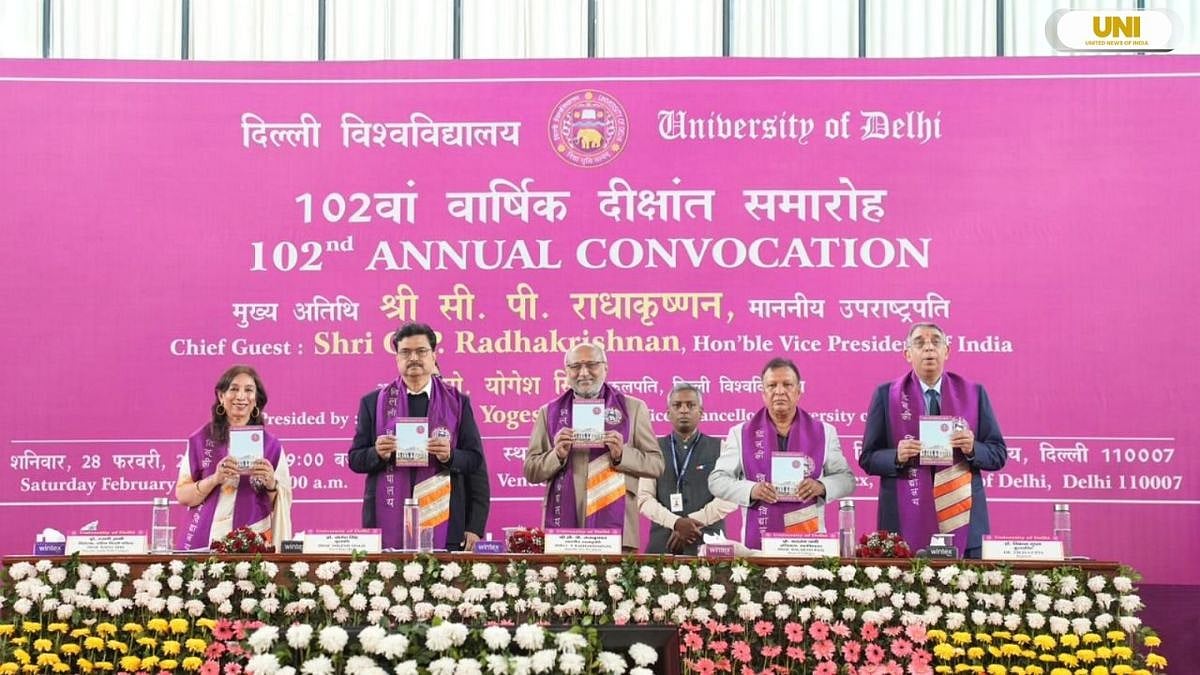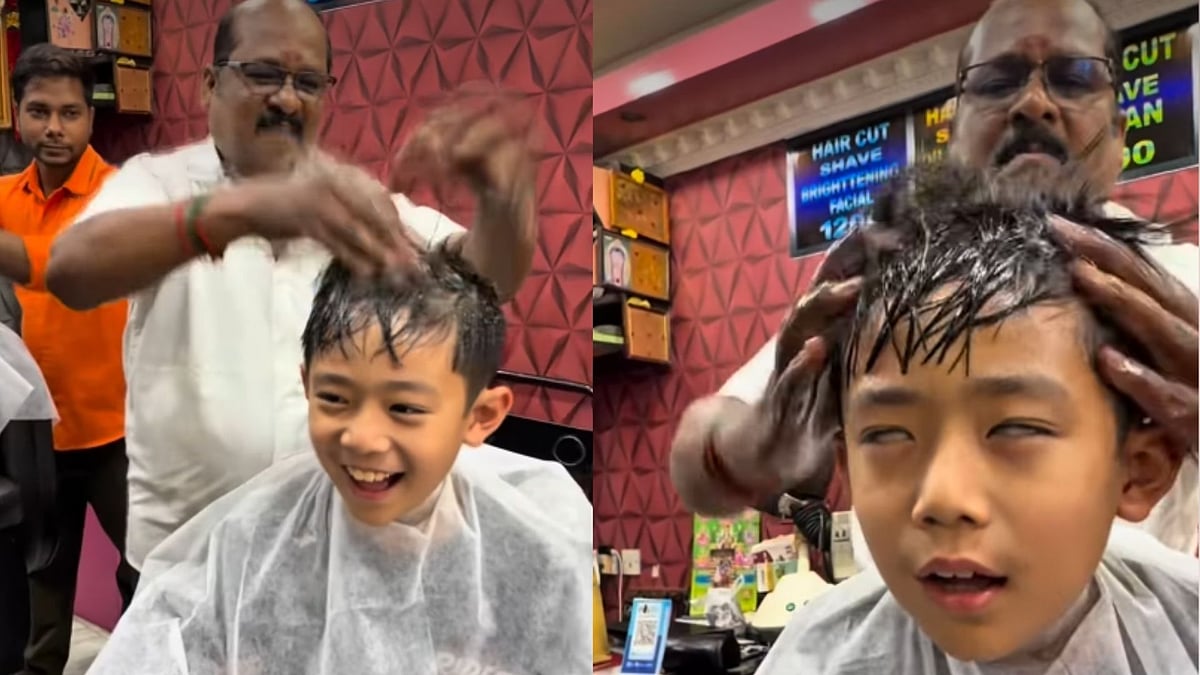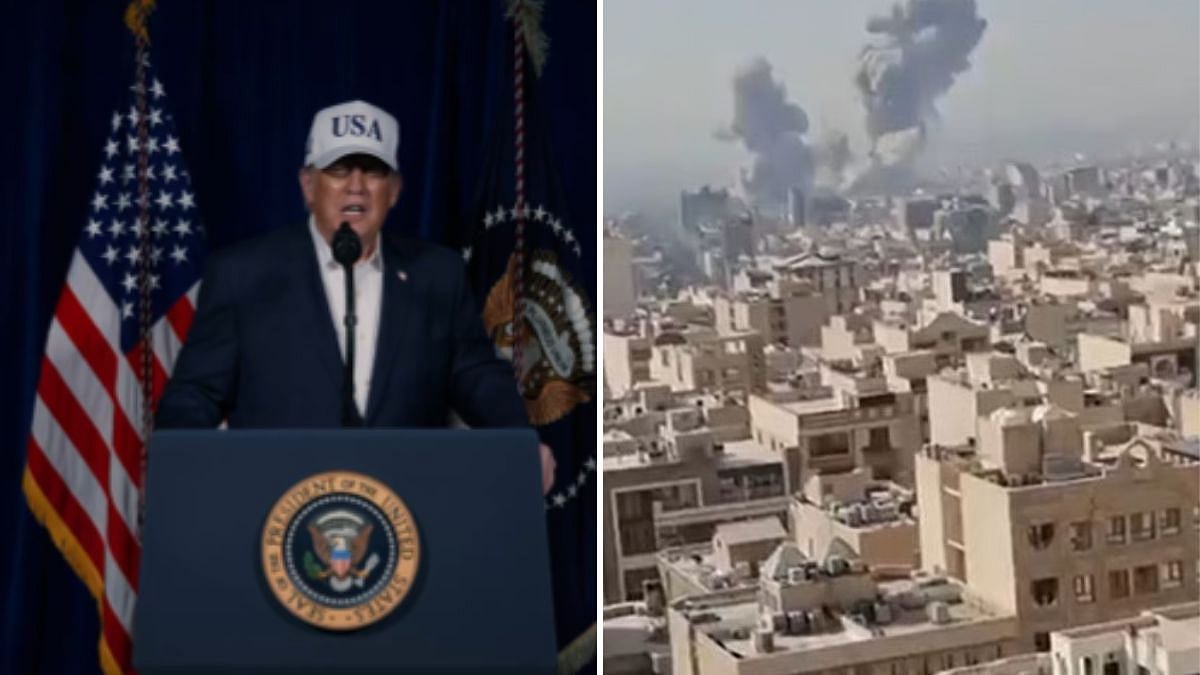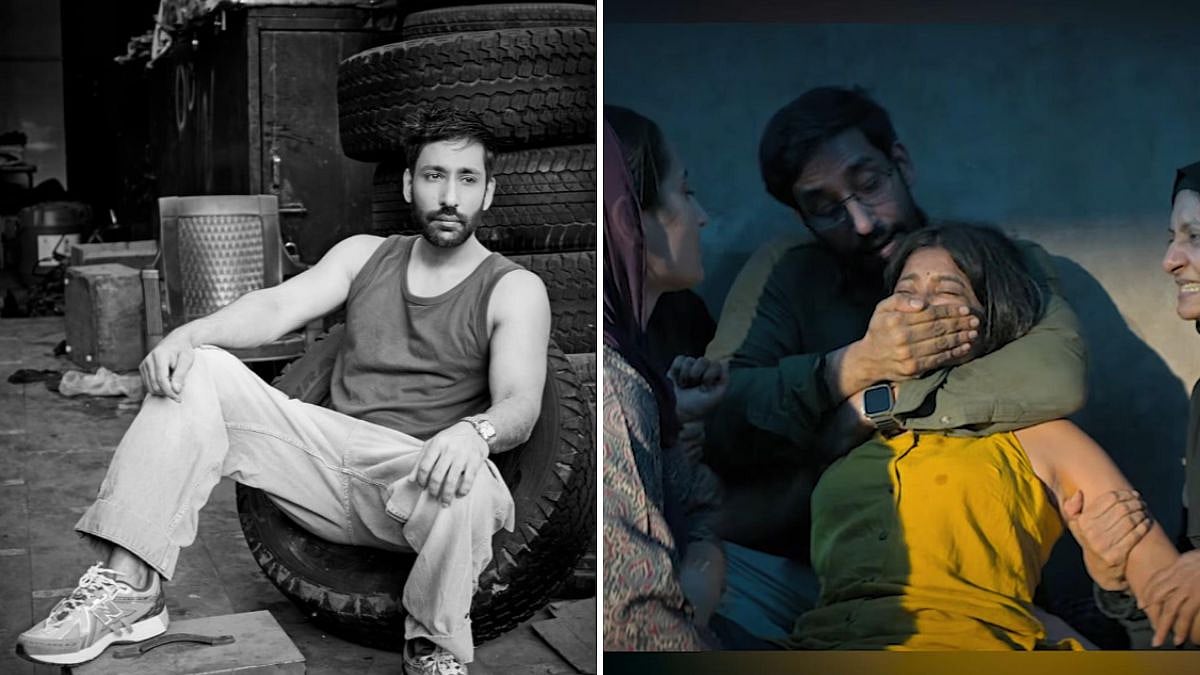The Chief Justice of India spoke about the Common Law Admission Tests (CLAT) and noted that people from underrepresented groups might not speak English well. He also emphasised that CLAT is only given in English.
The Chief Justice said, "the CLAT examination, a crucial gateway to the legal profession, is conducted entirely in English. By using English as the medium of examination, we are essentially favouring an urban-centric approach and creating a significant bias against individuals from rural or marginalised backgrounds."
A Public Interest Litigation (PIL) arguing for the administration of the CLAT in regional languages is pending in the Delhi High Court. Recently, the Bar Council of India offered to organise the test and endorsed the idea of holding the CLAT in regional languages. Furthermore, the High Court has been informed by the National Testing Agency that regional languages may be used for the CLAT.
Criticised discriminatory practices
CJI Chandrachud also criticised the discriminatory practice of exclusively choosing clerks from national law schools and provided specifics on the draft, submission, and execution of a white paper intended to restructure the clerkship program. He also talked about the Supreme Court and the National Commission for Scheduled Tribes (NCST) working together to launch internship programs that are organised and varied. These programs were created in response to the NCST's concerns about the dearth of activities offered to students from tribal communities.
Need for inclusive education
Chief Justice of India D Y Chandrachud also stressed the need for a more inclusive legal profession and stated that women should be more represented in the higher judiciary on Sunday. He emphasised how critical it is to interact more with people from marginalised and impoverished communities. The Chief Justice urged the legal community to back Bhimrao Ambedkar's vision of equality in all areas of life while speaking at a celebration honouring Ambedkar's 100 years of legal practice.
The Chief Justice of India asked senior advocates and judges from the Supreme Court and lower courts to think about how to improve diversity in the legal field.





